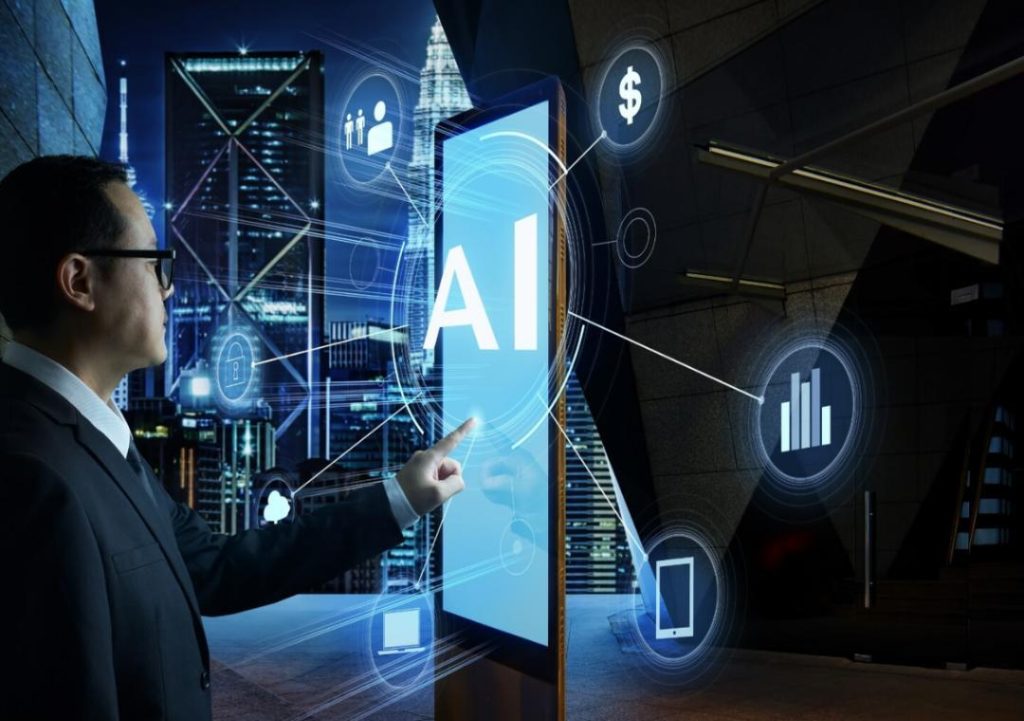
AI & ML now power over 77% of business processes
The world is undergoing a significant transformation, and it’s not just about the rise of digital technologies. Artificial Intelligence (AI) and Machine Learning (ML) have become operational essentials for businesses, revolutionizing the way they operate, interact with customers, and make decisions. Today, over 77% of enterprises rely on AI/ML to improve productivity, reduce costs, and personalize user experiences.
The shift towards AI/ML is no longer optional; it’s fundamental to staying competitive in a digital-first world. In this blog post, we’ll explore the importance of AI/ML, their applications, and the benefits they bring to businesses.
What is AI and ML?
Before we dive into the significance of AI/ML, let’s quickly define what they are.
Artificial Intelligence (AI) refers to the development of computer systems that can perform tasks that typically require human intelligence, such as learning, problem-solving, and decision-making. AI is a broad field that encompasses various subfields, including Machine Learning (ML), Natural Language Processing (NLP), and Computer Vision.
Machine Learning (ML) is a subset of AI that involves training algorithms to learn from data, improve their performance, and make predictions or decisions. ML enables systems to adapt to new data, recognize patterns, and refine their accuracy over time.
How is AI/ML important?
AI/ML have become critical components of business operations, offering numerous benefits that can drive growth, reduce costs, and enhance customer experiences. Here are some reasons why AI/ML are important:
-
Automation: AI/ML can automate repetitive, time-consuming, and mundane tasks, freeing up human resources to focus on high-value activities that require creativity, empathy, and judgment.
-
Improved decision-making: AI/ML can analyze vast amounts of data, identify patterns, and provide insights that inform business decisions, reducing the risk of human bias and improving the accuracy of predictions.
-
Enhanced customer experiences: AI/ML can personalize interactions, predict customer behavior, and offer targeted recommendations, resulting in increased customer satisfaction, loyalty, and retention.
-
Cost reduction: AI/ML can optimize business processes, reduce waste, and improve efficiency, leading to cost savings and increased profitability.
-
Competitive advantage: Businesses that adopt AI/ML early can gain a competitive edge, as they’re better equipped to respond to changing market conditions, customer needs, and technological advancements.
Real-world applications of AI/ML
AI/ML are not just theoretical concepts; they’re already transforming various industries and business processes. Here are some examples:
-
Customer Support: AI-powered chatbots can handle customer inquiries, provide instant support, and escalate complex issues to human representatives.
-
Fraud Detection: ML algorithms can analyze transactional data, identify suspicious patterns, and detect fraud in real-time, reducing financial losses and improving security.
-
Predictive Maintenance: AI/ML can analyze equipment data, predict maintenance needs, and schedule repairs, reducing downtime, improving efficiency, and extending equipment lifespan.
-
Personalized Marketing: AI-powered marketing tools can analyze customer behavior, preferences, and demographics, and offer targeted promotions, increasing engagement and conversion rates.
-
Healthcare: AI/ML can analyze medical images, diagnose diseases, and develop personalized treatment plans, improving patient outcomes and reducing healthcare costs.
Conclusion
The adoption of AI/ML is no longer a future concept; it’s a present reality. As businesses continue to evolve and adapt to changing market conditions, AI/ML will play an increasingly crucial role in driving growth, improving customer experiences, and reducing costs. By embracing AI/ML, businesses can stay competitive, innovate, and thrive in a digital-first world.
Source:
https://www.growthjockey.com/blogs/what-is-ai-and-ml-how-is-it-important






